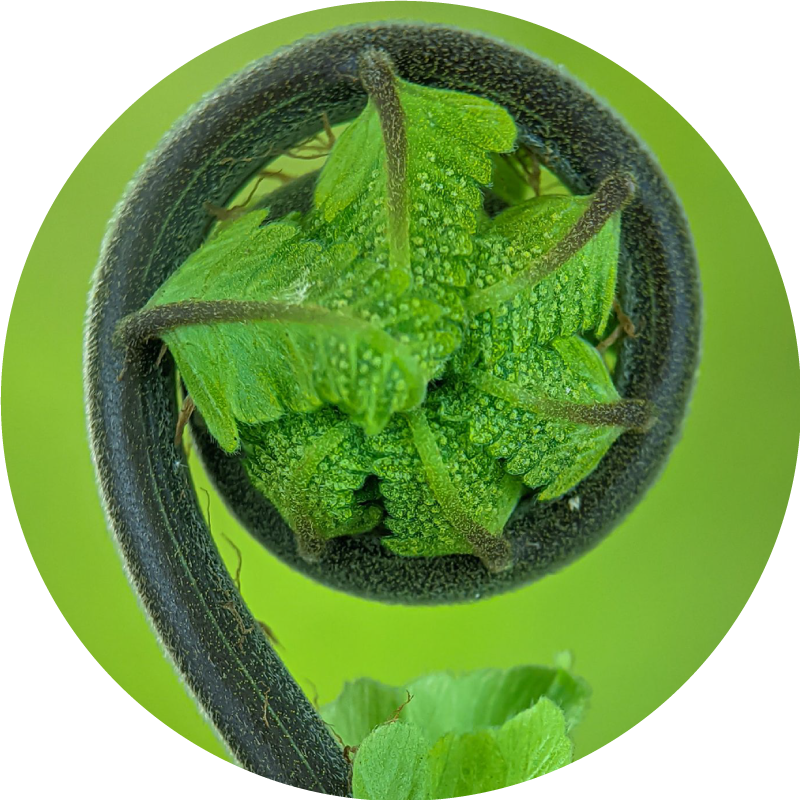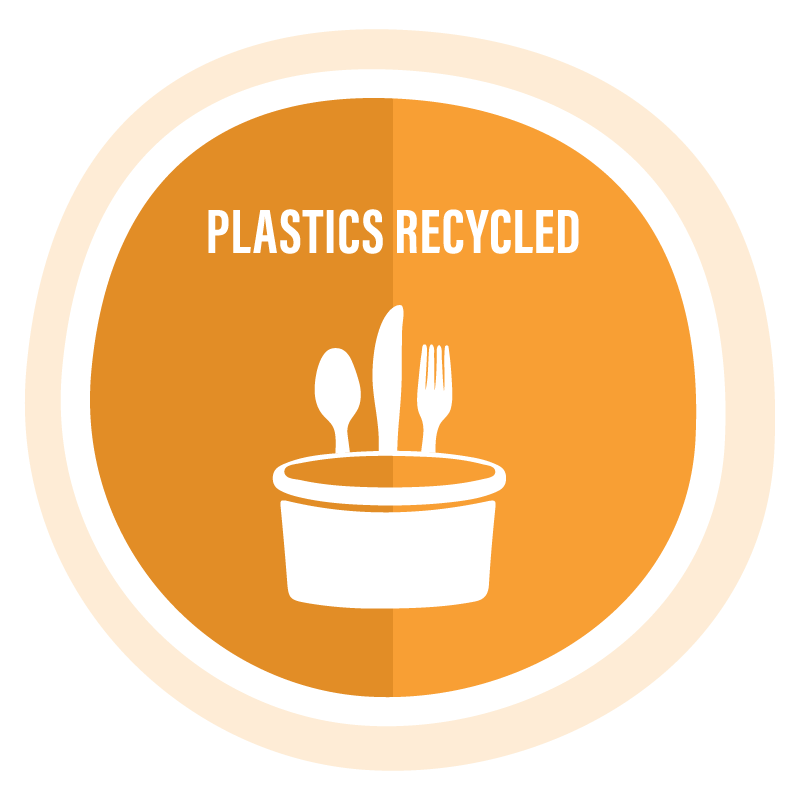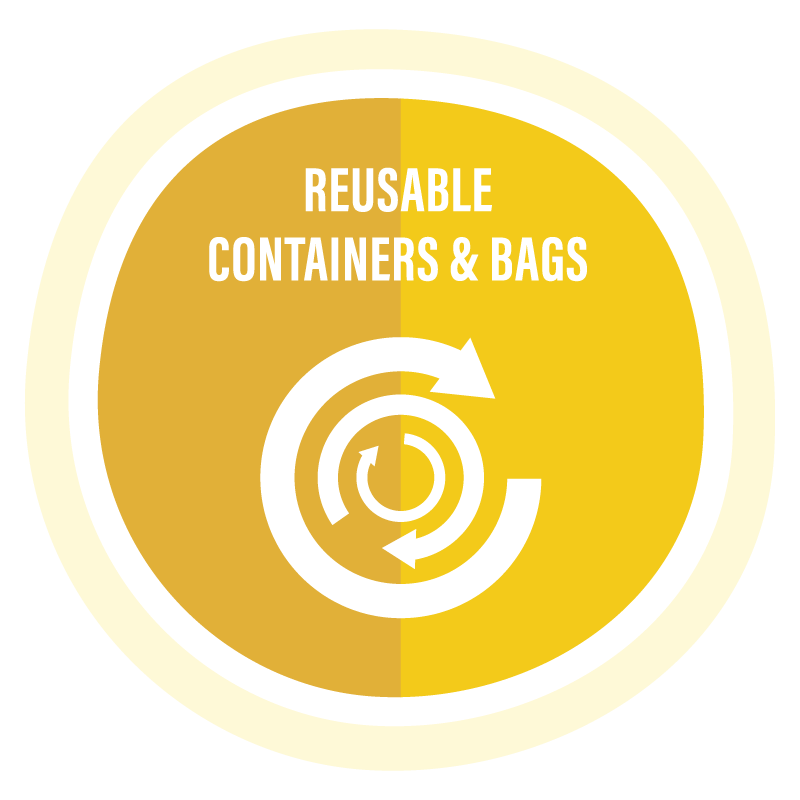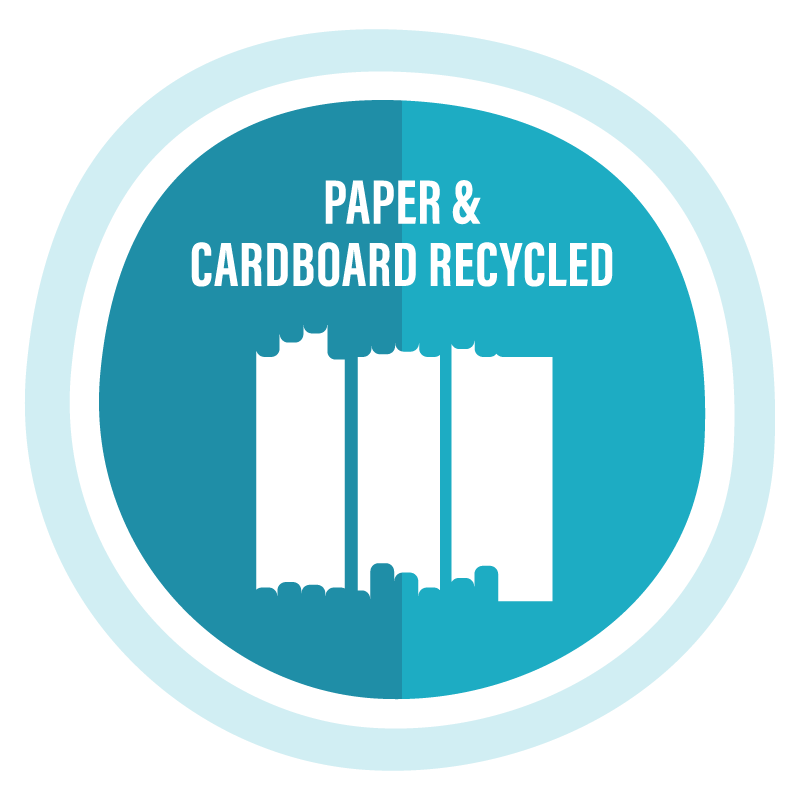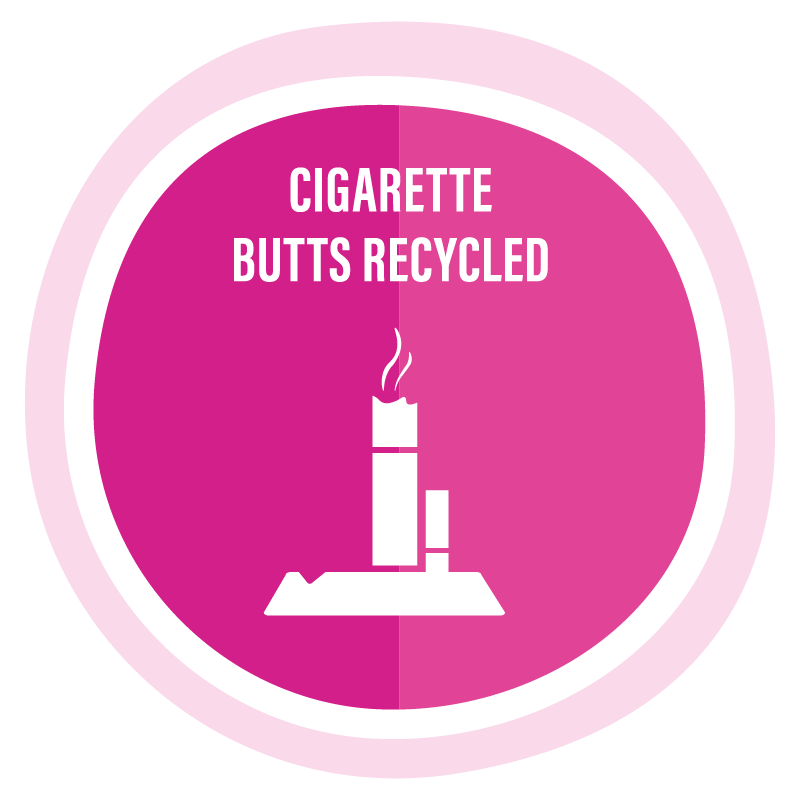CONSULTING SERVICES
- Strategic advisory on regenerative and circular waste in place systems best suited to your site
- Site assessments, User Flows, Stakeholder Mapping Ecosystems
- Bespoke Community Consultation, Engagement Programs and Waste Education
- Communication and Educational tools (wall graphics/wayfinding)
- Food waste to Urban Gardening initiatives
